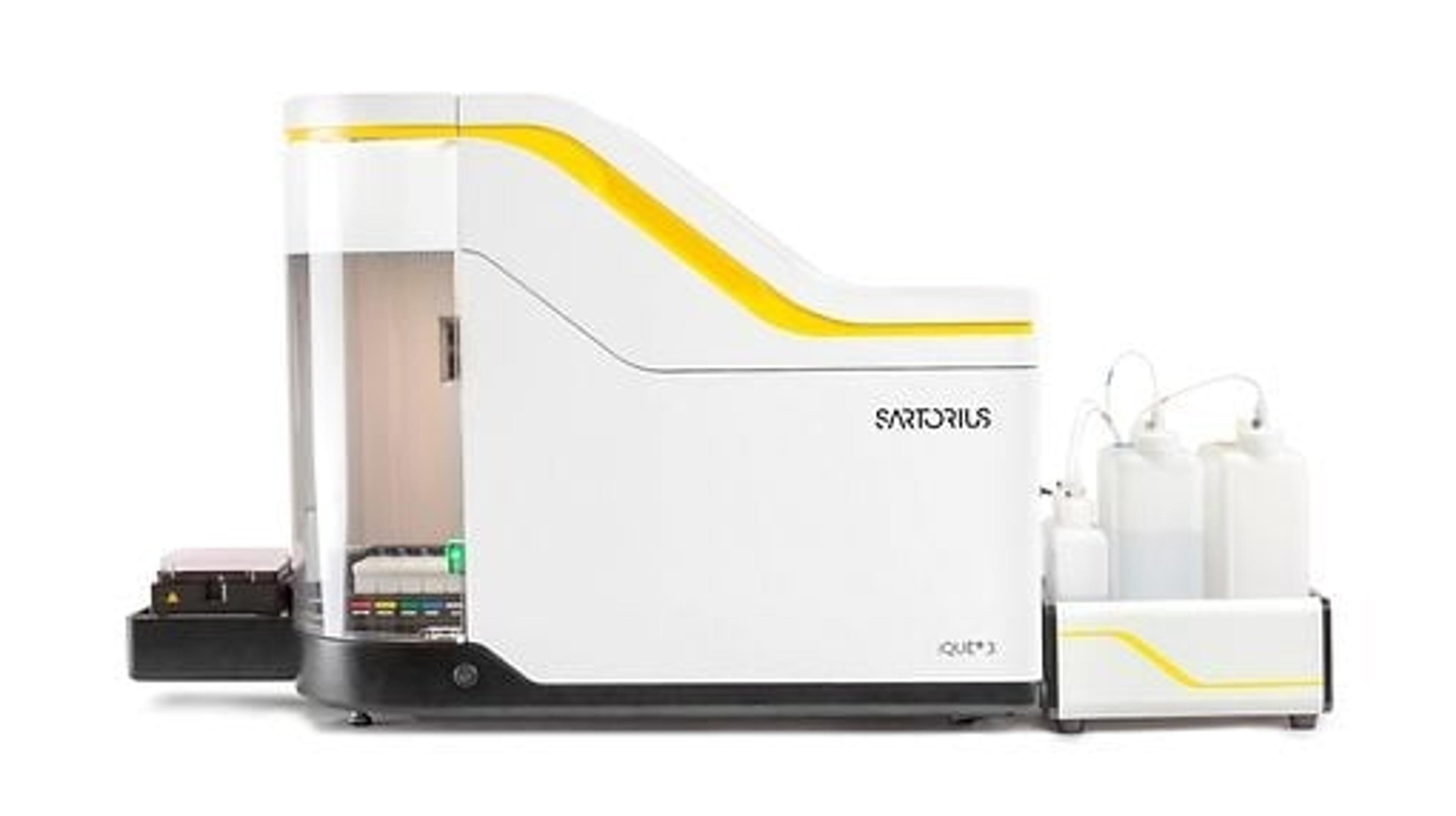Evaluation of checkpoint inhibitor therapies using a mixed lymphocyte reaction (MLR) assay
Immune checkpoints are molecules that signal and control the synapse between T cells and antigen presenting cells (APCs). Checkpoint inhibitor therapies aim to target and inhibit the signals that ‘switch off’ T cells, leading to upregulation of T cell activation and tumor cell killing.
The mixed lymphocyte reaction (MLR) mimics the T cell and APC synapse by co-culturing immune cells from two individuals. Consequently, MLR is used as a model, to discover the effects of checkpoint inhibitor drugs in vitro, furthering biological research applications and drug discovery processes.
Join this webinar to find out about:
- The use of the iQue® MLR assay to generate pharmacological outputs for checkpoint inhibitor induced T cell activation
- The impact of checkpoint inhibitor therapeutics on inflammatory cytokine release
- How the iQue® Advanced Flow Cytometry Platform and associated reagent kits can be used to quantify T cell response in MLR
Speaker name: Kirsty McBain, Associate Scientist, iQue® Applications Group, Sartorius
Professional bio Kirsty McBain is an Associate Scientist in the iQue® Applications Group, part of the European based BioAnalytics at Sartorius, where she is involved in the research and development of novel applications.
Kirsty’s efforts are focused on the iQue® advanced flow cytometry platform, supporting a number of the immuno-oncology campaigns.
Speakers



